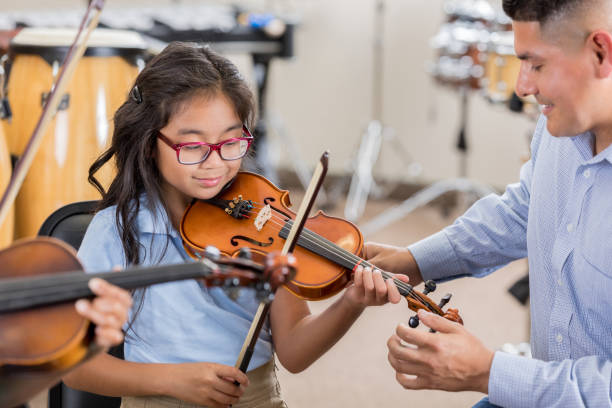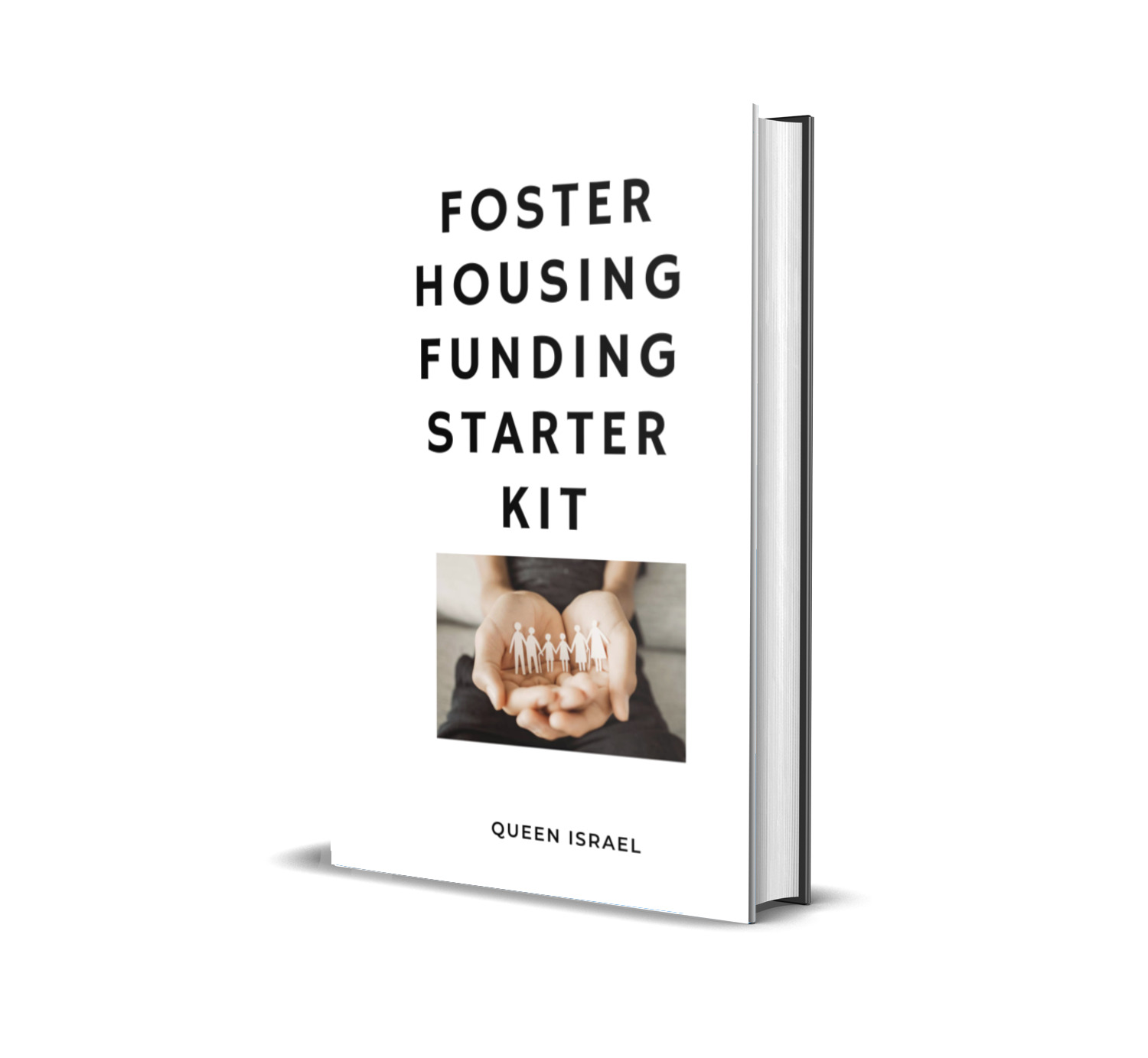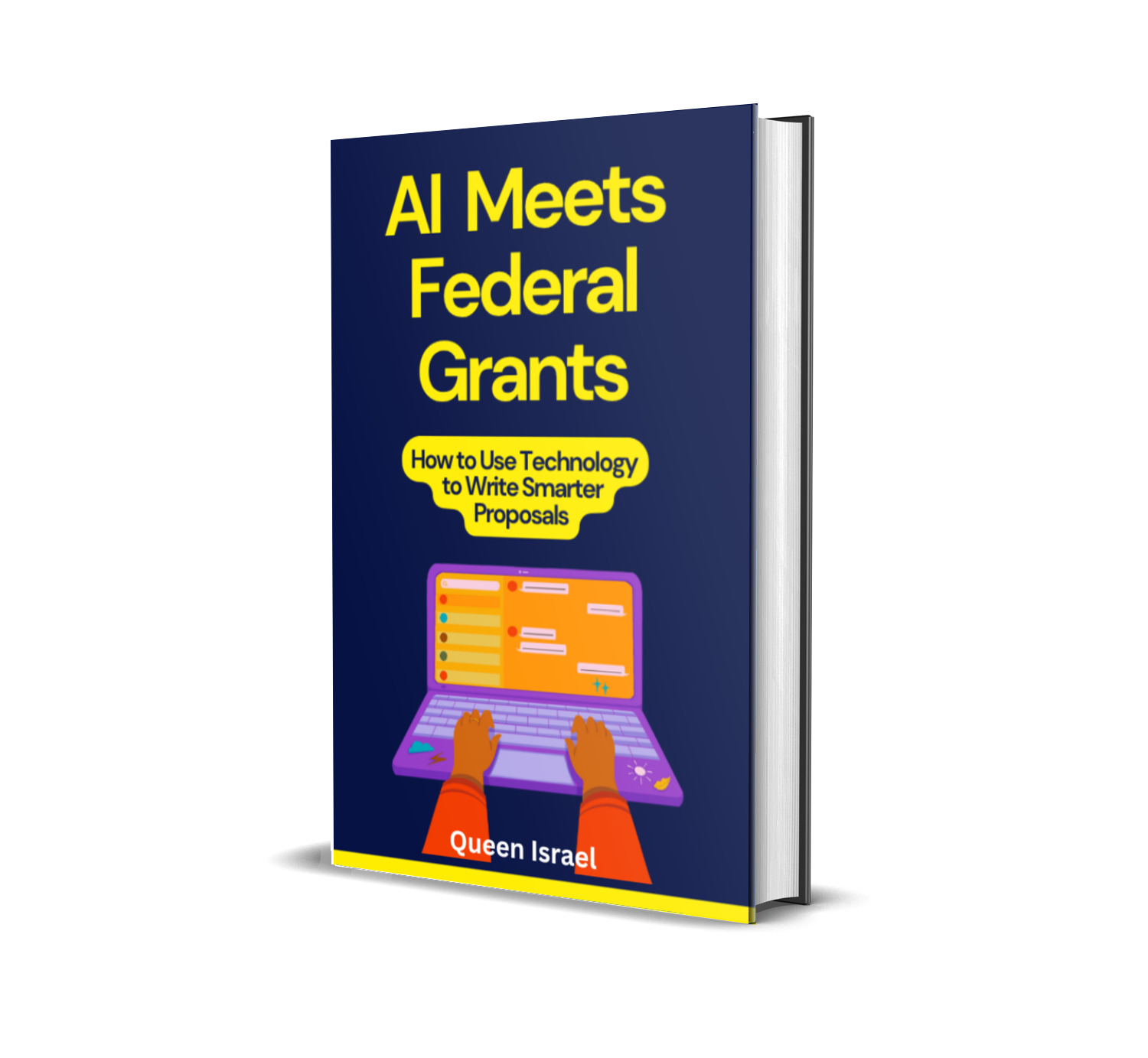Impact of the Grants for Music Education
1. Access to Music Education:
- Grants serve as gateways, breaking down financial barriers and providing access to music education for individuals who might otherwise face limited opportunities. This expanded access ensures that aspiring musicians, regardless of their economic background, can pursue their passion and develop their skills.
2. Empowering Educators:
- Educators play a pivotal role in shaping the musical journeys of students. Grants enable educators to access professional development opportunities, training workshops, and resources, empowering them to employ innovative teaching methods and stay abreast of the latest advancements in music education.
3. Enhancing Learning Environments:
- The infusion of grant funds into music education programs allows for the enhancement of learning environments. Schools and community organizations can invest in state-of-the-art instruments, technology, and learning materials, creating an inspiring atmosphere conducive to creativity and skill development.
4. Nurturing Talent and Creativity:
- Grants provide the means to identify and nurture musical talent. Whether through scholarships, mentorship programs, or funding for extracurricular activities, grants enable individuals to explore their creative potential, fostering the development of the next generation of musicians and composers.
5. Community Engagement and Inclusion:
- Music has the power to unite communities. Grants supporting music education initiatives often lead to community engagement, as concerts, recitals, and collaborative projects bring people together. This inclusivity promotes a sense of belonging and strengthens the social fabric of the community.
6. Cultural Preservation and Innovation:
- Grants contribute to the preservation of cultural heritage by supporting music education programs that teach traditional music forms and practices. Simultaneously, they foster innovation by encouraging the exploration of new genres, techniques, and technologies, ensuring the evolution of musical traditions.
7. Economic and Social Impact:
- Music education has far-reaching economic implications. Grants supporting music programs contribute to the development of a skilled workforce in the arts and entertainment industry. Moreover, vibrant music scenes attract tourism and foster a sense of pride, positively impacting local economies.
8. Well-Rounded Individual Development:
- Beyond musical skills, grants facilitate the holistic development of individuals. Music education instills discipline, teamwork, and perseverance—qualities that extend beyond the realm of music. These attributes contribute to the creation of well-rounded individuals equipped for success in various aspects of life.
9. Health and Well-being Benefits:
- Research consistently highlights the positive impact of music on mental health and overall well-being. Grants supporting music education indirectly contribute to improved mental health outcomes, as students engage in a form of self-expression and stress relief through their musical pursuits.
10. Global Cultural Exchange:
- Music education grants can facilitate global cultural exchange. By supporting exchange programs, collaborations, and initiatives that connect students across borders, grants contribute to a more interconnected world where diverse musical traditions are shared, celebrated, and preserved.
11. Long-Term Legacy:
- The impact of a grant extends beyond its immediate execution. Successful music education programs supported by grants leave a lasting legacy, as the skills, knowledge, and passion instilled in individuals continue to shape the cultural landscape for years to come.
Tips for Writing a Successful Grant Proposal
1. Understand the Funder:
- Begin by thoroughly researching the funder’s mission, values, and priorities. Tailor your proposal to align with their objectives, showcasing how your project resonates with their vision. This demonstrates a genuine interest and increases the likelihood of your proposal standing out.
2. Clearly Define Your Project:
- Clearly articulate the purpose, goals, and expected outcomes of your project. Provide a detailed description, emphasizing the significance and impact it will have. A well-defined project creates a compelling narrative that engages the reader from the outset.
3. Tell a Compelling Story:
- Weave a narrative that not only explains your project logically but also emotionally resonates with the reader. Share anecdotes, testimonials, and real-life examples that illustrate the human impact of your work. A compelling story makes your proposal memorable and relatable.
4. Demonstrate Need and Significance:
- Clearly outline the need your project addresses. Provide data, statistics, or anecdotal evidence to illustrate the urgency and significance of the issue. Convince the funder that your project is a necessary and impactful intervention.
5. Highlight Innovation and Uniqueness:
- Emphasize what sets your project apart. Whether it’s an innovative approach, a unique collaboration, or a novel solution to a common problem, highlighting what makes your project special demonstrates creativity and increases its appeal.
6. Develop a Realistic Budget:
- Create a detailed budget that aligns with your project’s scope and objectives. Clearly outline how the grant funds will be allocated, and ensure that the budget is realistic and transparent. A well-thought-out budget enhances the credibility of your proposal.
7. Emphasize Sustainability:
- Address the long-term sustainability of your project. Explain how you plan to continue the initiative beyond the grant period. Funders are often interested in projects that have a lasting impact, and demonstrating sustainability enhances your proposal’s attractiveness.
8. Engage the Community:
- If applicable, showcase community involvement and support. Provide evidence of collaboration with stakeholders, testimonials from community members, or letters of support. This not only strengthens your proposal but also demonstrates a commitment to inclusivity.
9. Adhere to Guidelines:
- Follow the funder’s guidelines meticulously. Pay attention to formatting requirements, submission deadlines, and any specific instructions provided. Failure to adhere to guidelines may result in your proposal being disqualified.
10. Build a Strong Case for Support:
11. Include Measurable Outcomes:
12. Review and Revise:
13. Be Concise and Focused:
14. Follow Up Appropriately:
15. Seek Professional Assistance if Needed:
Conclusion:
The realm of grants for music education stands as a powerful catalyst for positive change, channeling financial support towards the transformative potential of music. Through the diverse array of foundations and organizations dedicated to advancing musical knowledge and skills, these grants become the linchpin of a harmonious and enriched society.
The impact of these grants is multifaceted, extending its reach across various layers of the educational, cultural, and communal fabric. At its core, these grants break down barriers, offering access to the world of music for individuals who may otherwise find themselves on the periphery of such artistic pursuits. They serve as the melodic bridge, connecting aspiring musicians with the resources they need to flourish and contribute to the rich tapestry of musical expression.
Beyond the individual, grants for music education radiate outward, nurturing communities and fostering a sense of shared cultural identity. From vibrant school orchestras to community-based music programs, these initiatives create spaces where diversity is celebrated, talents are honed, and the universal language of music unites people from all walks of life.
Moreover, these grants play a pivotal role in preserving cultural heritage, ensuring that traditional music forms are not relegated to the pages of history but continue to resonate through the hands and hearts of the next generation. They inspire innovation, encouraging educators and musicians to explore new frontiers, embrace technology, and push the boundaries of artistic expression.
As we celebrate the impact of grants for music education, it becomes evident that they are not mere financial transactions but investments in the future. The seeds planted through these grants germinate into a legacy of skilled musicians, dynamic communities, and a global network of interconnected individuals who share a passion for music.
Recommended Books for Enhancing Grant Writing Skills
To further enhance your grant writing skills and stay on top of these trends, consider diving into some insightful literature.
Here are a few recommended books:
- The Ultimate Guide to Federal Grant Applications: Techniques for Success – This book is a must-read for anyone looking to navigate the complex world of federal grant applications. It offers practical techniques, insider tips, and a comprehensive understanding of what it takes to create successful federal grant applications.
- Advanced Grant Writing for Nonprofits : Focuses on sophisticated techniques for experienced grant writers. It delves into complex aspects of proposal development, offering strategies for dealing with competitive grant environments and large funding bodies.
- Mastering Grant Writing: A Nonprofit’s Guide to Effective Proposal Development and Submission: This book serves as a comprehensive guide, covering the entire process of grant writing. It includes tips on understanding funders’ perspectives, crafting compelling narratives, and the nuances of proposal submission.
- Becoming the Grant Guru: Freelancer’s Guide to Success : Tailored for freelance grant writers, this book provides insights into building a successful career in grant writing. It includes strategies for finding clients, managing projects, and maximizing the impact of grant proposals.
- The Small Business’s Guide to Winning Grants : This resource is particularly useful for small businesses looking to secure grants. It offers practical advice on identifying suitable grant opportunities, understanding the requirements of small business grants, and crafting winning proposals.
- Grant Readiness Guide: Preparing to Triumph in Funding Opportunities : A comprehensive resource for organizations at various stages of grant preparedness. It provides a roadmap for developing organizational capacity, aligning projects with funders’ goals, and creating compelling applications.
- Her Capital: Unlocking Women’s Small Business Grants: Specifically designed for women entrepreneurs, this book offers guidance on navigating the landscape of small business grants for women. It includes insights into grant sources, application strategies, and tips for leveraging grants to grow a business.
Unlock Your Grant Success!
Join our email list now for exclusive grant-writing tips and unique grant opportunities delivered straight to your inbox. Click here to Subscribe. Don’t miss out!






